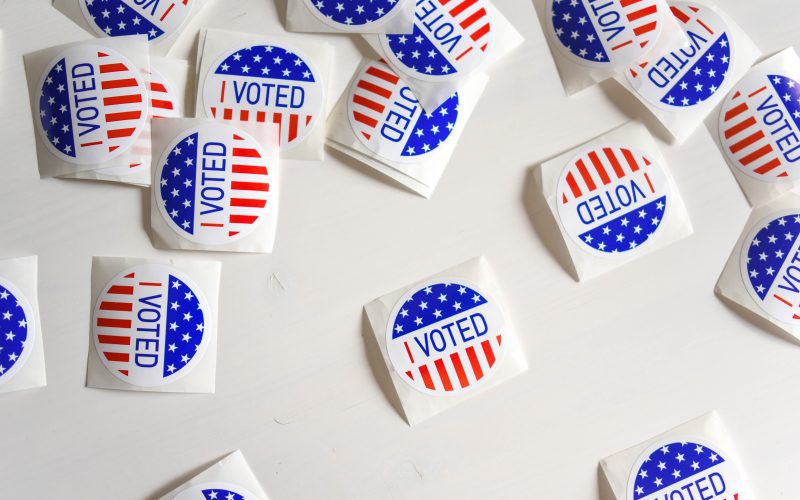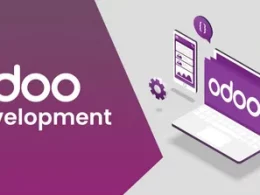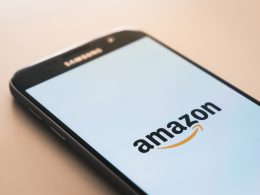Online communities have had a significant impact on politics and activism in the United States. In recent years, social media platforms like Twitter, Facebook, and Reddit have provided a space for individuals to organize and mobilize around political issues and causes. In this article, we will explore the impact of online communities on politics and activism in the US.
The Power of Online Communities in Political Mobilization Online communities have proven to be powerful tools for political mobilization. For example, the Black Lives Matter movement, which began as a hashtag on Twitter, quickly grew into a national movement with millions of supporters. The movement used social media to organize protests, share information, and mobilize supporters around political goals.
In addition, online communities have been effective in mobilizing voters. In the 2020 US presidential election, social media platforms were used to encourage voter registration, mobilize volunteers, and share information about polling locations and voting rights.
The Risks of Online Political Polarization While online communities have the power to mobilize individuals around political causes, they also have the potential to reinforce political polarization. Online communities often create echo chambers, where individuals are only exposed to information and viewpoints that align with their beliefs. This can lead to a lack of understanding and empathy for opposing viewpoints, which can make it difficult to find common ground and compromise.
In addition, online communities can be susceptible to the spread of misinformation and propaganda. Individuals can easily share false or misleading information on social media, which can spread quickly and influence political beliefs and behaviors.
The Role of Online Communities in Political Discourse Online communities have also played a role in shaping political discourse in the US. Social media platforms provide a space for individuals to share their opinions and engage in political discussions with others. While these discussions can be productive, they can also be hostile and polarizing.
In addition, online communities have been used to amplify marginalized voices and bring attention to issues that may have been overlooked by mainstream media. For example, the #MeToo movement, which began as a hashtag on social media, brought attention to the issue of sexual harassment and assault and led to significant changes in workplace culture and policies.
Conclusion Online communities have had a significant impact on politics and activism in the US. While they have the power to mobilize individuals around political causes and amplify marginalized voices, they also come with risks. It is essential to be mindful of the potential for echo chambers, misinformation, and hostility in online communities and to work towards finding common ground and compromise. By harnessing the power of online communities while remaining vigilant against their potential risks, individuals can work towards creating a more engaged, informed, and productive political landscape.












